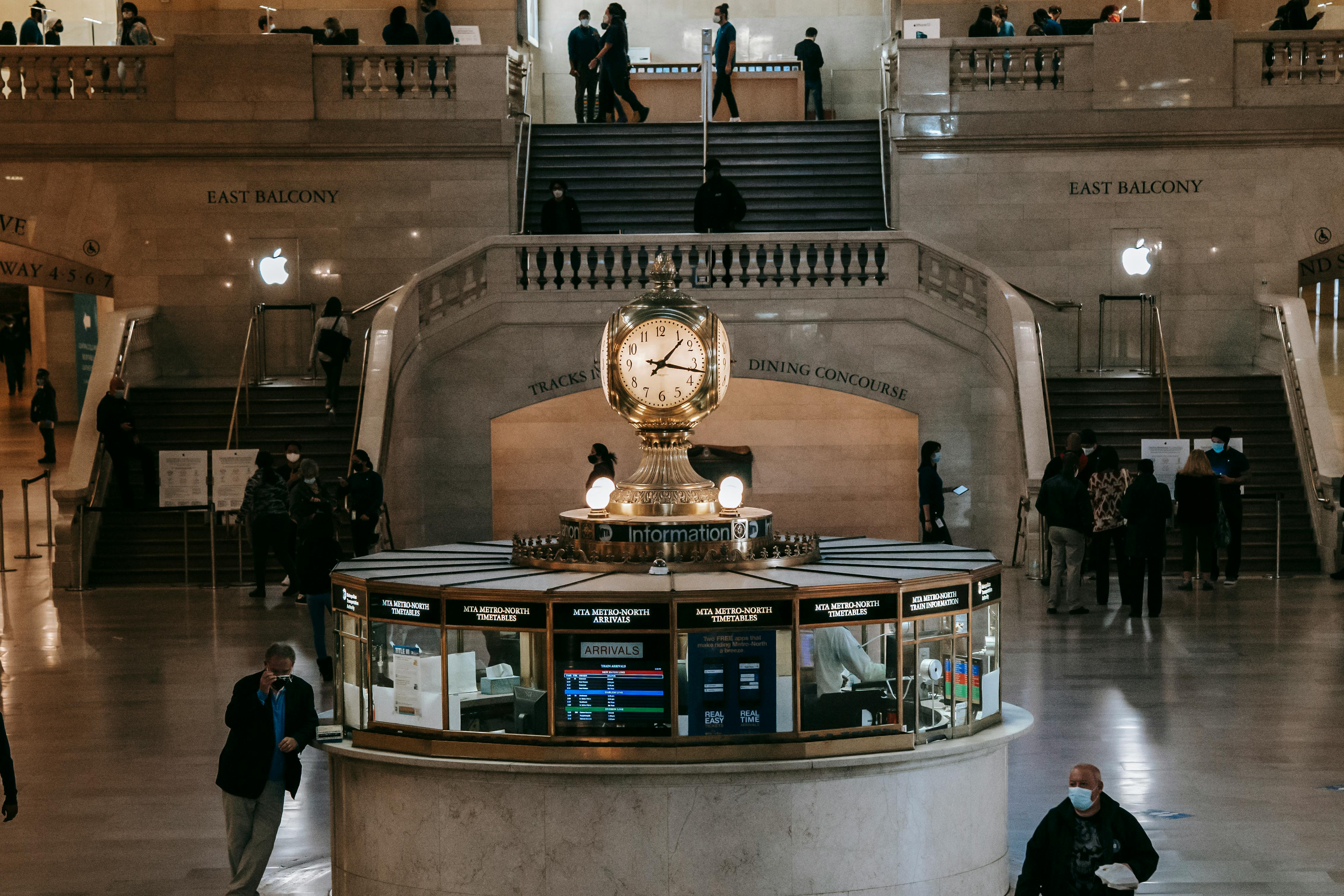Marian Anderson was a black alto who shook the world with her rich soulful voice. Anderson is the first black person to perform at the New York Metropolitan Opera. Winner of numerous prestigious awards including the United States Medal of Freedom (1963), the National Medal of Arts (1986), and the Grammy Lifetime Achievement Award (1991), Anderson worked to overcome racial barriers during her long and illustrious lifetime. Considered one of the most important African Americans in history, she continues to touch the world through her music and her legacy.
The firsts years
Marian Anderson was born on February 27, 1897 in Philadelphia into a devoutly Christian home. He began singing in his church choir at the age of six. Her talent as a performer was evident even at that age, and her family began taking her to perform at other churches and at various community functions. Anderson had a minimal education when he was young. His family could not pay for his musical training or attend high school. His family and the black community in Philadelphia came together to pay for his private singing lessons and high school. He graduated from high school in 1921.
In 1925 Anderson won a singing competition sponsored by the New York Philharmonic. This opened ways for him to move to New York to act and continue his private studies. Under the guidance of his vocal coach and with the continued support of his family and community, he held his first formal New York concert at Carnegie Hall in 1928. Despite this great achievement and astonishing performance, Anderson’s career never took off in the United States. This was due to racial prejudice that prevented him from acting elsewhere. Anderson subsequently moved to Europe in 1928, where he was able to start a very successful career in classical music. Anderson reluctantly returned to the United States with his longtime manager in 1935 to perform on the New York City Council. Rave reviews boosted his career in the United States and he spent the next four years performing in the United States and Europe.
Racism and civil rights
The slowness of Anderson’s career in the United States was a direct function of racism. Although he performed more than 70 concerts in the United States between 1935 and 1939, he was not allowed to sleep in many major hotels or eat in many prominent restaurants. The adage, “… you don’t sleep where you sing” was true for Anderson. His move to Europe to launch his career was one that many black artists would follow. The first major statement by Anderson and his Anderson supporters against racial intolerance occurred in 1939 after the Daughters of the American Revolution refused to allow Anderson to perform before a built-in audience in Washington, DC at Constitution Hall. First Lady Eleanor Roosevelt was so outraged by this DAR’s refusal that she resigned from the organization. Thousands of members followed suit and the ranks of the DAR were decimated.
President and Mrs. Roosevelt, along with Anderson’s manager and the Secretary of the Interior, arranged for Anderson to perform an outdoor concert on the steps of the Lincoln Memorial. The performance attracted 75,000 people of all races and a radio audience of millions. This concert, which I considered the first Civil Rights March in Washington DC, was a national sensation; first for the strength and beauty of her performance. Second, she was noted for making a statement about race relations in America and the ability of a woman’s talent to bring a diversity of people together to celebrate one thing. Liberty! The original film documentary of this concert has been preserved in the National Film Registry of the Library of Congress of the United States. Anderson was very active in the Civil Rights Movement giving benefit concerts for organizations such as the NAACP, the Congress for Racial Equality, and the United States-Israel Congress.
Main achievements
Few artists have reached Anderson’s stature with respect to national and international politics. He sang at the inauguration of two presidents; Eisenhower and Kennedy. He performed for the troops during two wars. Anderson traveled 35,000 miles on a 12-week, 24-week concert tour of Asia on behalf of President Eisenhower. In 1958, President Eisenhower appointed her a full delegate to the United Nations for her work for peace.
Marian Anderson died on April 8, 1003 at the age of 96. His legacy continues through two prestigious awards created in his honor. The “Marian Anderson Award” awards $ 25,000 annually to an artist who exhibits leadership and excellence in the humanities. The “Marian Anderson Award for Emerging Classical Artists” awards prizes to promising young people in the classical arts.
